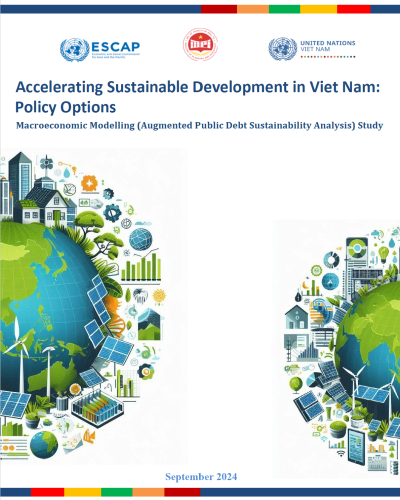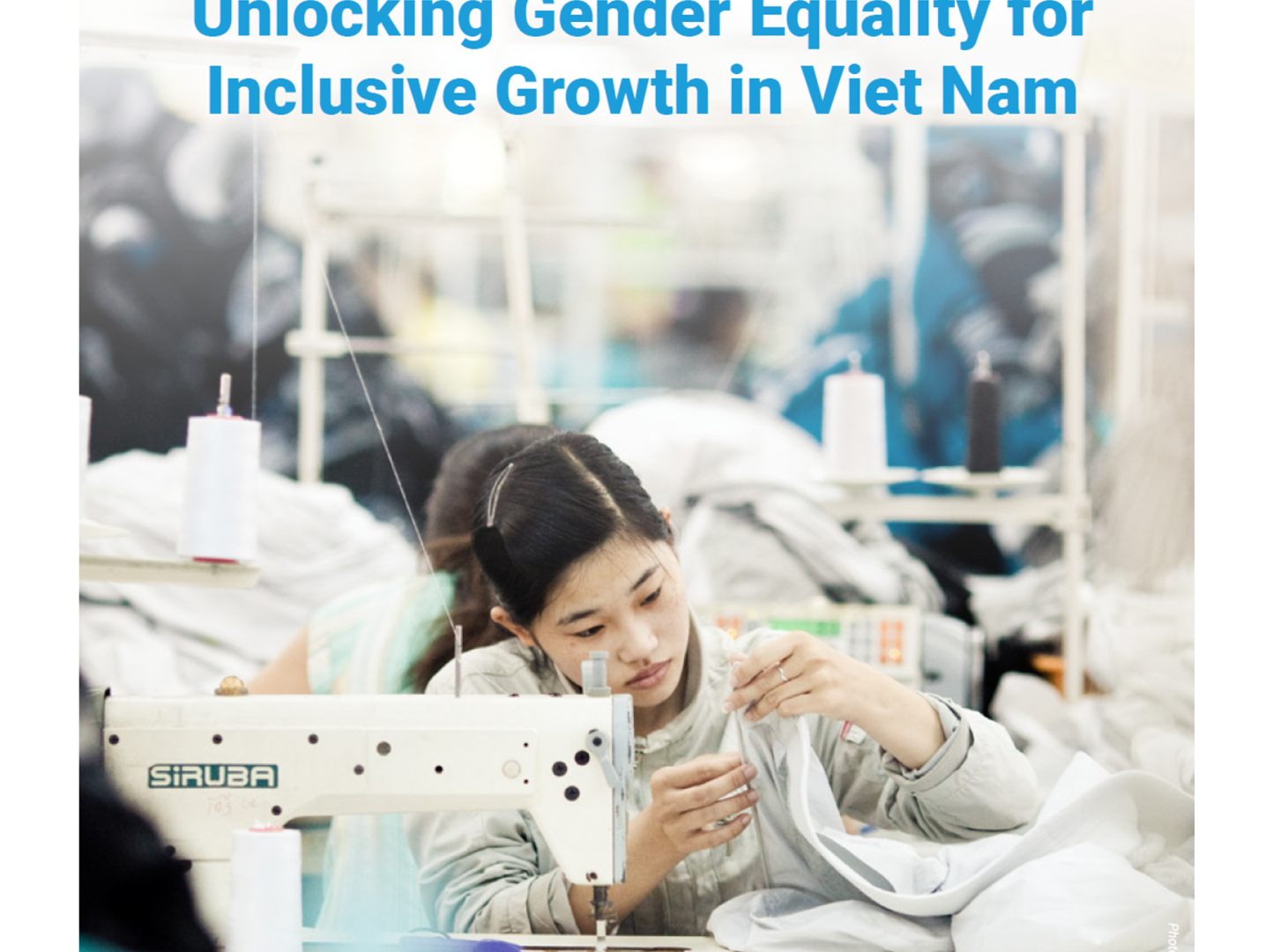Accelerating Sustainable Development in Viet Nam: Policy Options - Macroeconomic Modelling (Augmented Public Debt Sustainability Analysis) Study

Introduction
Viet Nam has achieved remarkable successes in the past few decades in promoting economic development, raising living standards and lifting millions of people out of poverty. Building on these achievements, the country is strongly committed to implementation of the 2030 Agenda for Sustainable Development. Viet Nam aspires to become a high-income country by 2045 and achieve net-zero carbon emissions by 2050. Whereas the Voluntary National Review 2023 revealed that Viet Nam has made significant progress in achieving various Sustainable Development Goals (SDGs), the country needs to expedite their implementation to bring all Goals back on track in order to achieve the 2030 targets. In the current context of rising geopolitical tensions and economic uncertainty, the country faces critical development challenges, including building economic resilience, eradicating poverty and tackling climate risks.
The United Nations Economic and Social Commission for Asia and the Pacific (ESCAP) and the United Nations in Viet Nam, in collaboration with the Ministry of Planning and Investment (MPI) of Viet Nam, have carried out a country study based on the region-wide ESCAP Macroeconomic Model. The objectives of the study are to assess the impact of selected policy scenarios on economic, social and environmental outcomes, including public debt sustainability, and further integrate sustainable development into macroeconomic modelling in Viet Nam. The selection of the specific model scenarios was conducted together with local experts by prioritizing the most relevant policy packages for Viet Nam’s efforts to achieve its national development goals and realize the overall sustainable development agenda.




